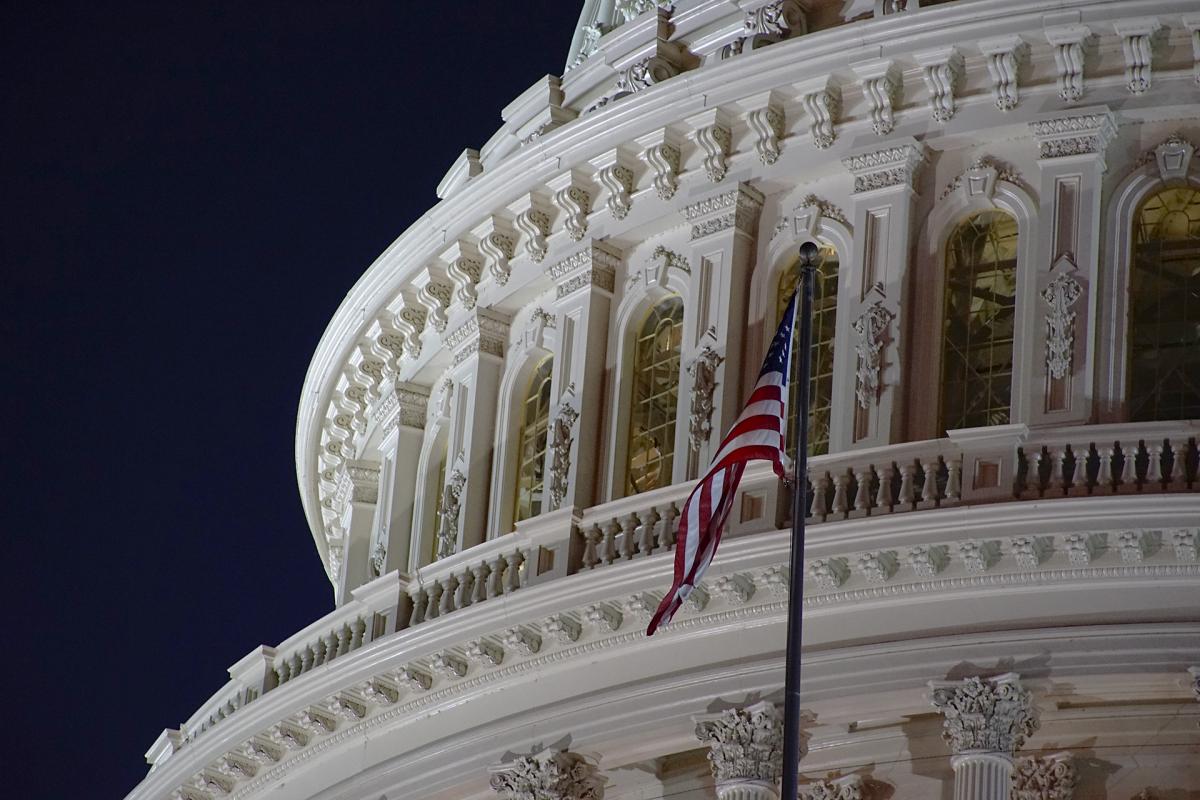
The U.S. Senate Intelligence Committee on Tuesday released its review of a joint assessment issued by U.S. intelligence agencies of Russia's coordinated campaign to influence the 2016 presidential election.
In its heavily redacted 158-page report, the committee found that the Intelligence Community Assessment commissioned by former President Barack Obama in late 2016 "presents a coherent and well-constructed intelligence basis for the case of unprecedented Russian interference in the 2016 U.S. presidential election." The report was unanimously approved by senators on the committee, CBS News wrote.
"The ICA reflects strong tradecraft, sound analytical reasoning, and proper justification of disagreement in the one analytical line where it occurred," Republican Senator Richard Burr, the committee chairman, said in a statement accompanying the report's release. "The Committee found no reason to dispute the Intelligence Community's conclusions."
Read alsoWhatsApp leak exposes Russia link to Dutch far right
A declassified version of the ICA – which was compiled by the CIA, FBI, National Security Agency and Office of the Director of National Intelligence and is otherwise highly classified – was released publicly on January 6, 2017.
The committee review said interviews with those involved in drafting the ICA showed that "analysts were under no politically motivated pressure to reach specific conclusions."
The ICA's principal finding, delivered with "high confidence," was that Russian President Vladimir Putin had ordered an influence campaign aimed at the 2016 election and designed to undermine confidence in the U.S. electoral process.
Republicans on the House Intelligence Committee, in their own report on the matter, faulted the ICA for its judgment that Russia preferred Mr. Trump, saying agencies failed to employ "proper analytic tradecraft."
The U.S. intelligence community has continuously warned that Moscow would again attempt to interfere in the 2020 presidential election, likely using more sophisticated tactics. The question of whether Russia would show support for a particular candidate has already proven politically divisive.
Read alsoU.S. mulls aggressive tactics if Russia goes for another election meddling
In February, Mr. Trump abruptly dismissed acting Director of National Intelligence Joseph Maguire after ODNI official Shelby Pierson told the House Intelligence Committee in a classified briefing that Russia had developed a "preference" for Mr. Trump in the 2020 election. In a subsequent briefing to all members of Congress, administration officials said they had "nothing to support" the notion that Putin favored one candidate over another. Pierson was excluded from the latter briefing.

